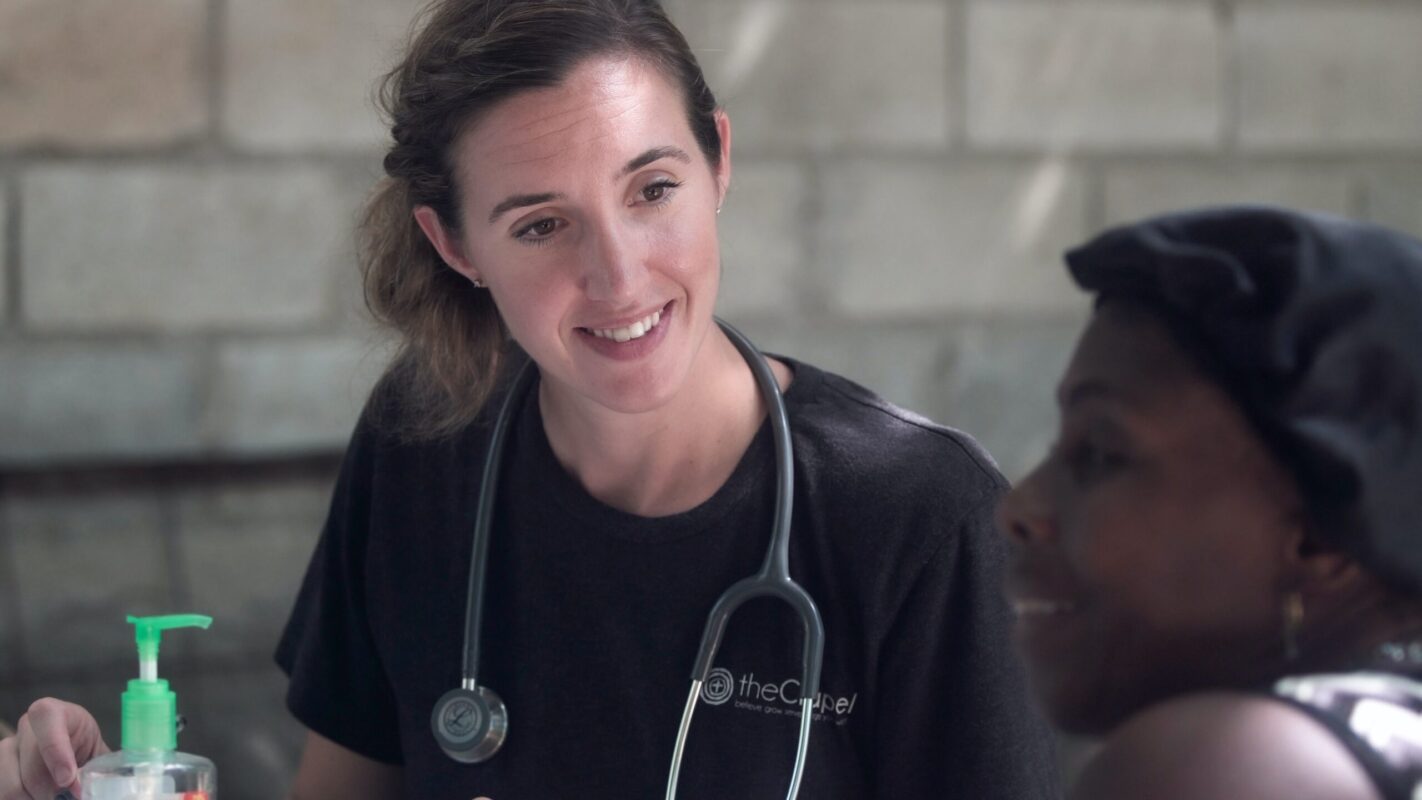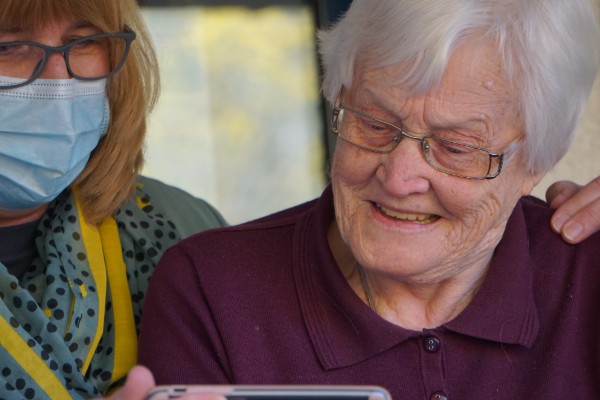The Equality and Human Rights Commission (EHRC) has published its latest report, ‘How coronavirus has affected equality and human rights’.
This report brings together the emerging evidence on the impact of coronavirus across key areas of life and the hardship faced by people who already face disadvantage. In particular it has identified concerning backwards trends both for young people and for the UK care system, and has highlighted just how entrenched racial inequality is in our society.
The EHRC is ‘deeply concerned’ by the devastating effect of the virus on older people and disabled people in the care sector, and for those providing care both paid and unpaid.
In light of the report, and the UK government’s aim to ‘build back better’, the EHRC wants to remind the Welsh legal sector of the support the Commission can offer on your cases, and how to contact them if you feel there’s been a breech of equality and human rights – especially in the care sector.
Ruth Coombs, Head of Wales, Equality and Human Rights Commission, said:
“The road to economic recovery is likely to be harder in Wales than many other areas of the UK. The Welsh Government must rebuild a more equal and fairer Wales, for current and future generations.”
The effect on people from ethnic minorities is evident as many have faced a double impact of being both more likely to die from the virus and more likely to experience financial hardship as a result of the pandemic, as they are already closer to the poverty line and at a greater risk of unemployment.
To combat this, the EHRC has called for the PSED Wales specific duties to be strengthened with mandatory monitoring and reporting by public sector employers on the recruitment, retention and progression in employment of ethnic minority groups.

Equality at the heart of ‘build back better’
As highlighted in the ‘Inclusive Justice: A system designed for all report’, urgent steps need to be taken to understand the experiences of court users to inform the use of remote and virtual hearings which have expanded rapidly under coronavirus control measures, and which risk reducing access to justice, particularly for disabled people.
As the country looks to ‘build back better’, the Commission has called for equality and human rights to be put at the heart of recovery strategies, so that long-standing concerns and deep rooted inequalities can be tackled once and for all.
Caroline Waters, Interim Chair, Equality and Human Rights Commission, said:
“This is an opportunity to put equality and human rights at the heart of our recovery, politically and economically, so that we have a strong foundation at the core of everything we do. Not only would this cement necessary protections in everyone’s lives, but it could help prevent those who are most vulnerable having to bear the brunt of adversity in the future.”
Tackle equality breeches with the EHRC: in the care system & beyond
These are the areas where the EHRC may be able to support cases or take action. These haven’t changed due to the Coronavirus.
The EHRC also wants to hear about flagrant, systemic and/or serious breaches of equality or human rights law in relation to COVID-19, particularly in relation to the care system.
The EHRC is here to work with lawyers and their clients where issues and concerns might align with the work the Commission is doing to safeguard equality and human rights at this unparalleled time.
The EHRC is also a Prescribed Body for Whistleblowers who have concerns with their employer’s compliance with equality and human rights legislation and our webpage has links which allow people to raise those issues directly with the Commission, here.
Contact the Equality and Human Rights Commission
The Commission invites the legal sector to get in touch if you come across a case you think the EHRC may be able to get involved with, or an issue that it might be able to help resolve using its range of powers. You can do this via email: legalrequest@equalityhumanrights.com or by phone, on: 0161 829 8190.
Further information on the Commission in Wales can be found here.








